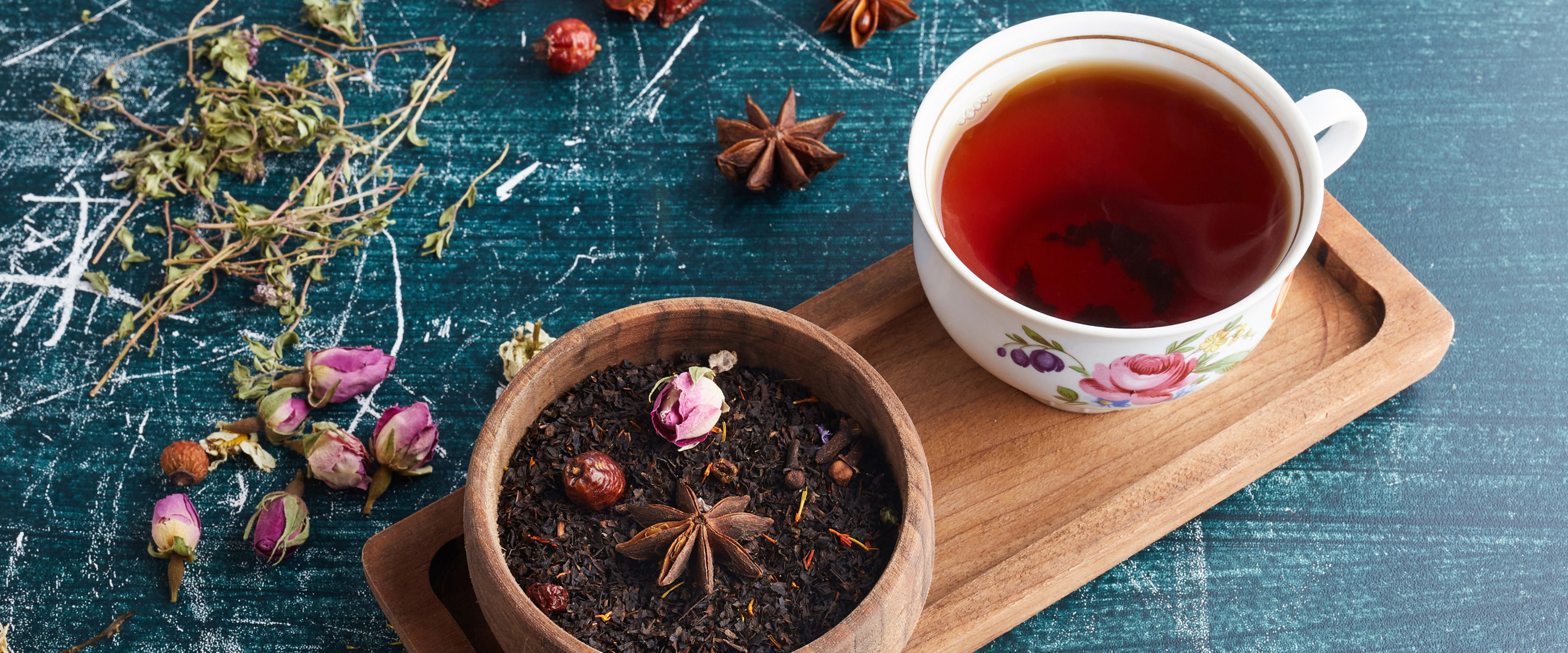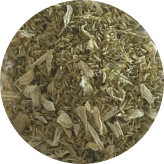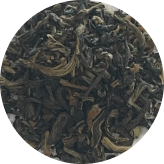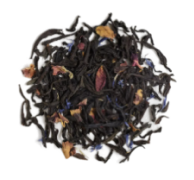From the Source: The True Origin of Himalayan Tea
Himalayan tea comes from Ilam, Nepal — a high-altitude region where organic tea is hand-picked and grown in pure soil and air, resulting in antioxidant-rich, traditionally calming tea.

Introduction
When people talk about tea, they often talk about taste — floral, earthy, brisk, smooth. But to truly understand what makes Himalayan tea different, you have to start not with the cup, but with the land.
Because the story of Himalayan tea begins far from noise and industry — in the mist-wrapped hills of Ilam, Nepal, where tradition, environment, and patience come together in one of the world’s most remarkable tea-growing regions.
A Place Unlike Anywhere Else on Earth
Nestled in eastern Nepal, Ilam is a region shaped by its altitude, purity, and rhythm of life. The land sits high — between 1,400 and 2,000 meters above sea level — where the climate is cool, the air crisp, and the soil rich in natural minerals. The hills here are steep and green, washed in cloud and sunlight. There are no massive factories or industrial plantations. Just winding terraces, hand-built trails, and generations of farmers who rise with the sun.
This elevation and climate combination is rare — and essential. It causes the tea plants to grow more slowly, which allows them to develop richer flavors, higher concentrations of natural compounds, and a deeper chemical complexity. The result? A tea that is naturally more potent — in both taste and traditional wellness value.
The altitude also acts as nature’s purifier. The air and water are clean. The soil hasn’t been stripped by overuse or impacted by synthetic inputs. Everything grows more slowly here — and more mindfully.
A Culture Rooted in Ritual, Not Industry
In Ilam, tea is more than a crop. It’s a way of life. It’s woven into daily routines, community identity, and spiritual practice. Most farmers in this region work small, family-run plots of land passed down through generations. Grandmothers still teach granddaughters when to pick the first flush, how to gently twist the leaves, how to respect the plants.
There’s no rush in this process. The first pickings happen just after dawn, when the dew is still on the leaves. Only the youngest, most delicate leaves are harvested — by hand — often with songs or morning prayers in the background.
Unlike large-scale operations where machines strip entire branches, this is selective, intentional farming. It’s slower. But the result is far more meaningful — in both flavor and integrity.
Why Origin Matters: The Wellness Behind the Land
Most people think tea is just tea. But where your tea comes from changes everything — the taste, the traditional benefits, the energy it carries.
Here’s why Himalayan tea, specifically from Ilam, is so unique:
1. High Altitude = Higher Potency
The slow growth at altitude leads to higher concentrations of polyphenols and catechins — natural plant compounds that have been studied for their antioxidant potential and wellness-supporting properties.
2. Untouched Soil and Pure Water
Ilam’s remoteness means there is little pollution, no industrial runoff, and no chemical overfarming. The water used to grow the plants comes from glacial springs, and the soil remains nutrient-rich and balanced.
3. Organic By Tradition
For many farmers, organic isn’t a trend — it’s tradition. Most small-scale growers in Ilam have never used pesticides or synthetic fertilizers. They rely on compost, natural cycles, and companion planting. That’s why certified organic Himalayan tea often comes from these hills without needing to change anything.
4. Cultural Knowledge Passed Down Generations
There’s a difference between a product that is made for market, and one that is made with memory. In Ilam, farmers rely on ancestral knowledge — not just about farming, but about balance and care. Many blends include local botanicals, like Yarsha gumba, that have been used for centuries in traditional Himalayan wellness systems.
Not Just Sourced Ethically — Rooted in Real Relationships
Sourcing tea from Ilam is not just about geography. It’s about honoring the people who make it possible. Unlike mass-market brands that rely on anonymous global supply chains, Himalayan tea production is often community-based. Each harvest supports real families, many of whom have been cultivating the same land for decades.
When you drink tea from this region, you’re not just supporting sustainable agriculture. You’re also helping preserve a way of life — one that values harmony with the earth, seasonality, and long-term well-being over short-term profit.
And as part of our commitment, a portion of profits from every purchase goes back to these communities — supporting local education, healthcare access, and sustainable farming training for the next generation.
From the Hills to Your Cup
Once harvested, the leaves are processed using minimal, natural methods — often air-dried or sun-dried, depending on the blend. No artificial flavoring, no hidden additives, and no bulk factory treatments. Just tea, in its purest, most vibrant form.
The result is a tea that doesn’t just taste good — it feels good. It supports moments of calm, presence, and connection to nature.
The Origin Is the Difference
When it comes to wellness, origin matters. And in the case of Himalayan tea, the origin makes all the difference. The altitude, the slowness, the purity of the land — all of it is infused into every cup.
You don’t need to visit the Himalayas to feel the strength of the mountains. You just need to steep a few leaves, take a deep breath, and let the land speak for itself.
Questions? We’ve Got You Covered
Our Organic Tea Collection
SILVER ESSENCE
Crafted from tender, silvery buds grown in Ilam, it brews pale and silky with a honey-flower whisper. Expect a clear, gentle focus and a finish that stays smooth from first to last sip.
CHAMOMILE BLISS
Crafted with chamomile, moringa, and mango leaf — a soothing blend to ease the mind and restore calm.
THE GOLDEN TEA
Made from tender tips grown on Ilam’s terraced slopes, it pours smooth with soft malt and a warm, fruit-tinged finish. It’s the everyday brew for a steady middle — comforting without heaviness.








